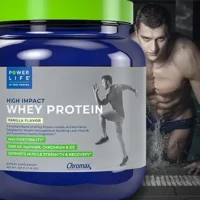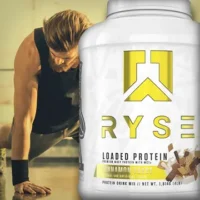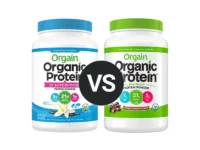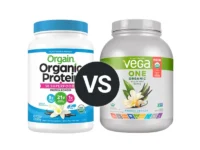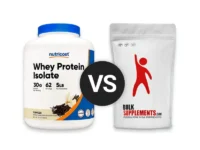Knowledge BaseYou're Questions Answered
Can protein powder be taken on an empty stomach?
Consuming protein powder on an empty stomach is generally safe and can be beneficial, depending on your health goals and the type of protein used. Here’s what you should consider when taking protein powder without eating other foods first:
Benefits of Taking Protein Powder on an Empty Stomach
- Rapid Absorption: Without other foods to slow down digestion, protein can be absorbed more quickly into the bloodstream. This can be particularly beneficial for replenishing amino acids quickly after a night's fast or providing a pre-workout boost.
- Increased Protein Efficiency: Taking protein on an empty stomach ensures that the amino acids provided by the protein are not competing with other nutrients for absorption, potentially increasing the efficiency of protein utilization.
Considerations and Potential Drawbacks
- Digestive Comfort: Some people may experience digestive discomfort such as bloating, gas, or stomach cramps when consuming protein powder on an empty stomach, especially if the protein is high in lactose or other additives.
- Type of Protein: Whey protein, which is fast-absorbing, may be more suitable for an empty stomach, particularly before workouts. Slower-digesting proteins like casein might be better taken with other foods, especially before bedtime, to aid in sustained amino acid release.
It’s important to also consider the reason for taking protein powder. If your goal is to support muscle repair and growth, consuming protein along with some carbohydrates can enhance muscle protein synthesis and recovery, particularly after exercise. Conversely, if you're using protein powder as a dietary supplement to aid in weight management or satiety, taking it on an empty stomach can help you feel fuller longer and reduce overall calorie intake.
So, while taking protein powder on an empty stomach is safe for most people, individual reactions can vary. It's advisable to start with a small amount to assess your body's response and consult with a healthcare provider if you have any underlying health conditions or dietary concerns.
- Phillips, S. M., & Van Loon, L. J. (2011). Dietary protein for athletes: From requirements to optimum adaptation. Journal of Sports Sciences, 29(sup1), S29-S38.
- Tipton, K. D., & Ferrando, A. A. (2008). Improving muscle mass: response of muscle metabolism to exercise, nutrition and anabolic agents. Essays in Biochemistry, 44, 85-98.
Related Questions
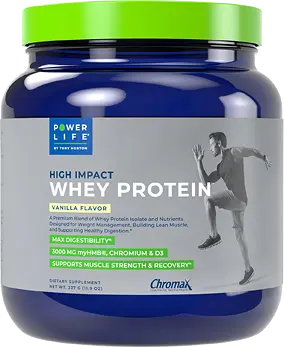
Your Answer
We are a participant in the Amazon Services LLC Associates Program, an affiliate advertising program designed to provide a means for us to earn fees by linking to Amazon.com and affiliated sites.

